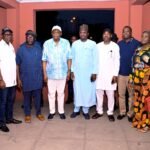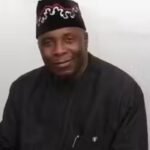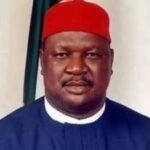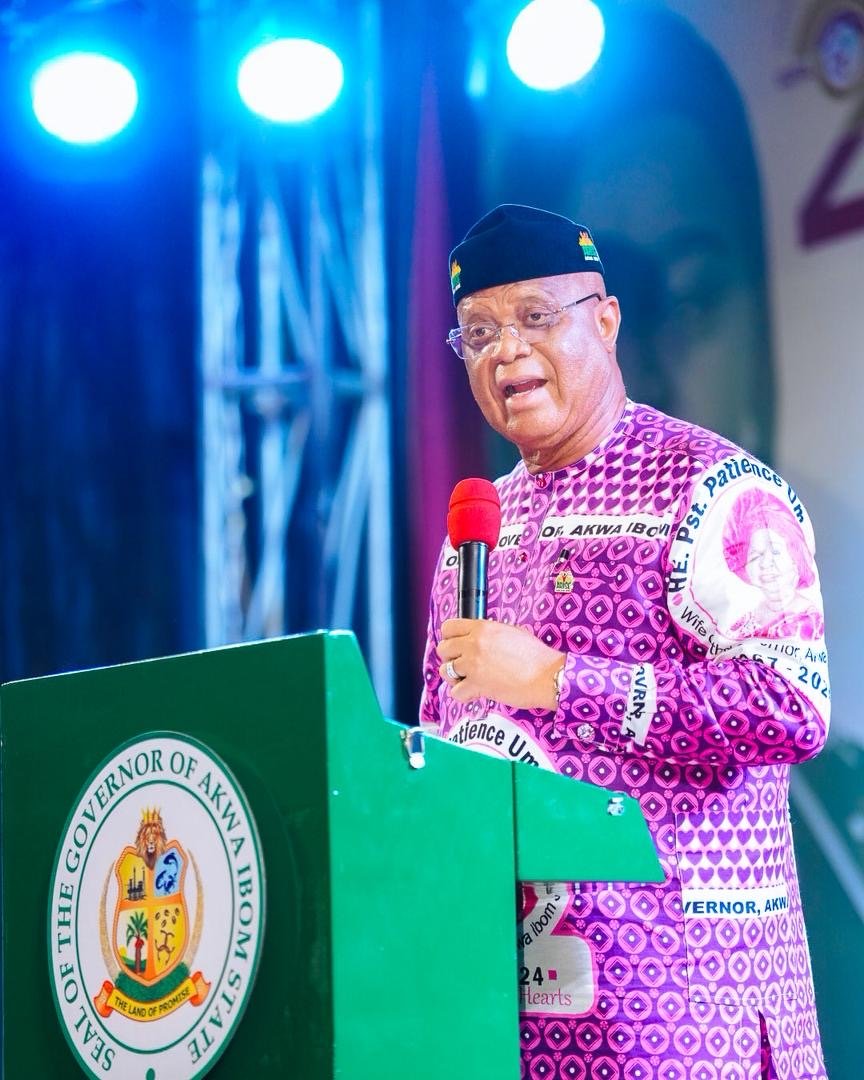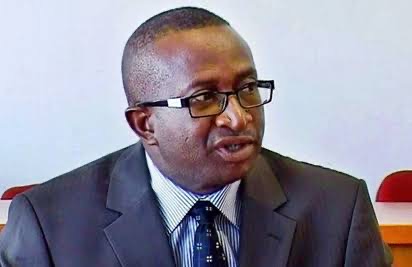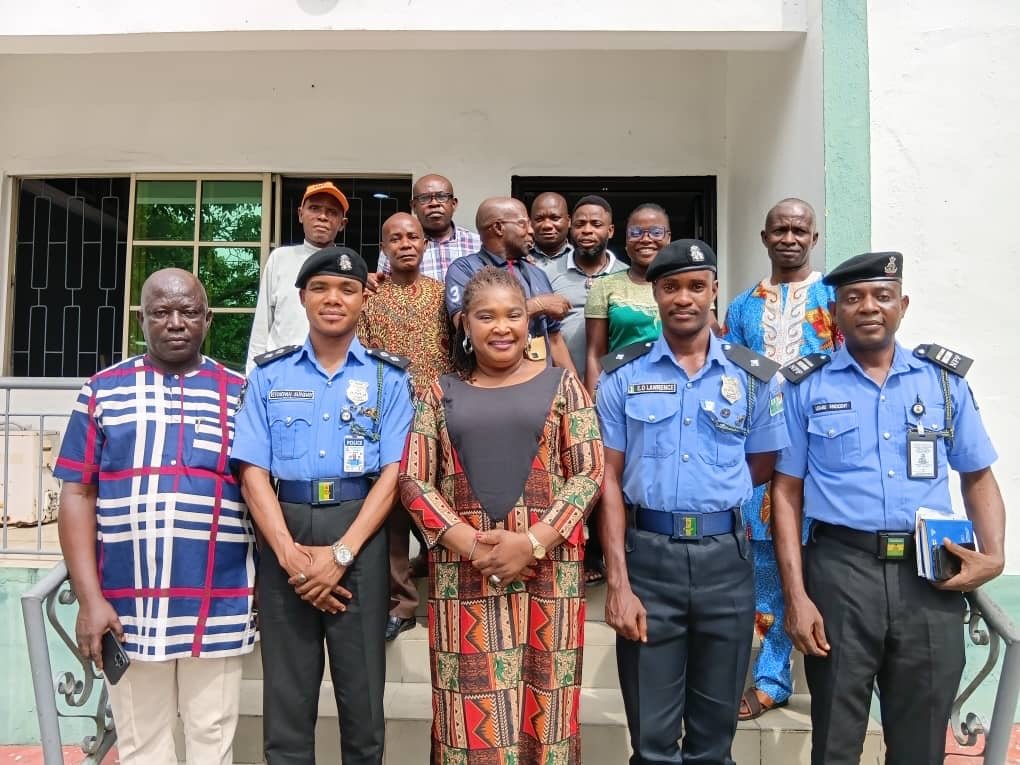Barr. Fidelis Onyebueke
BY Ita Williams, Calabar
A renowned legal luminary and public affairs analyst, Barr. Fidelis Onyebueke, has raised serious concerns over the impact of President Bola Tinubu’s policies since taking office last year, particularly focusing on the controversial removal of oil subsidies.
In a recent interview with Journalists in his Calabar Chamber, Chief Onyebueke enumerated the detrimental consequences of such decisions and called for a more empathetic leadership approach in addressing Nigeria’s challenges.
Speaking on the sudden removal of subsidies from crude oil importation by President Tinubu, Chief Onyebueke expressed his conviction that it was not a well-thought-out move, leading to a sharp increase in prices of goods and services in the country.
He remarked, “I am convinced beyond doubt that it was not part of his written speech,” emphasizing the political and economic ramifications that have resulted in widespread hunger and suffering among the populace.
Chief Onyebueke further criticized the allocation of exorbitantly priced cars to legislators by the President, stating that it had sparked public outrage.
He suggested that better monitoring of lawmakers’ expenses and prudent cost-cutting measures could have prevented the inflationary crisis currently plaguing the nation.
In a poignant plea for divine intervention, Chief Onyebueke decried the escalating dollar rates and called into question the functionality of Nigeria’s refineries.
He identified a missed opportunity in not leveraging the expertise of Biafran scientists who had discovered alternative fuel refinement methods during the Civil War, stressing the essence of incorporating diverse ideas and talents into government decision-making processes.
Drawing parallels with past administrations, Chief Onyebueke lamented the lack of comparable leaders like Ngozi Okonjo-Iweala in President Tinubu’s administration and raised doubts about the performance of key individuals within the government.
He urged a reevaluation of present policies and echoed the need to reduce the cost of governance to benefit the ordinary citizens.
Regarding the Oresenya Report, Chief Onyebueke argued that effective management, not mere reports, was crucial in addressing Nigeria’s deep-rooted issues.
He pointed to the bloated government structure with 42 ministries as a drain on the economy, suggesting a more selfless service and prompt decision-making to tackle existing challenges in Nigeria.
Identifying the instances of irresponsibility and corruption within the government, Chief Onyebueke warned of a potential revolution if urgent actions were not taken to curb embezzlement and address pressing social welfare concerns of the ordinary Nigeria citizens.
He concluded by urging President Tinubu to pursue accountability, embrace empathetic leadership, prudent governance, and swift measures to steer Nigeria towards a path of sustainable development and inclusive prosperity.
Chief Onyebueke’s critical analysis provides a compelling narrative of the state of the nation under President Tinubu’s leadership, calling for a shift towards more people-centric policies and decisive action to uplift the lives of ordinary Nigerians.

